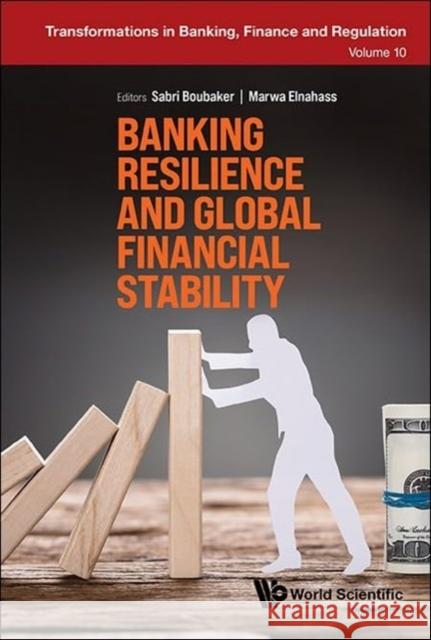Banking Resilience and Global Financial Stability » książka
Banking Resilience and Global Financial Stability
ISBN-13: 9781800614314 / Angielski
Relatively little is known so far about financial stability and long-term resilience within the global banking sector. The complexity and diversity of banking financial instruments and transactions leads to substantial information asymmetries, and promotes several agency conflicts. Moreover, there is a lack of conclusive evidence on the role of bank type on global banking stability, and the implications of the COVID-pandemic on alternative banking systems. The Islamic bank business model differs fundamentally from conventional banks regarding corporate governance, asset-liability structure, and product offerings. Further, agency relationships in Islamic banks are more complex than in conventional banks, which has implications on global banking stability and resilience, a topic also explored in this book.This handbook seeks conceptual, empirical, and policy papers, using quantitative and qualitative methods alike, to provide the readers, including investors, managers, and policymakers, with new insights, recent findings, and future perspectives on the global banking industry reflected by banks located in emerging and developed economies.Contributions by international scholars presented key debates, analyses and implications on several issues related to financial performance and transformations, both during and following the global financial and COVID-19 crises.











